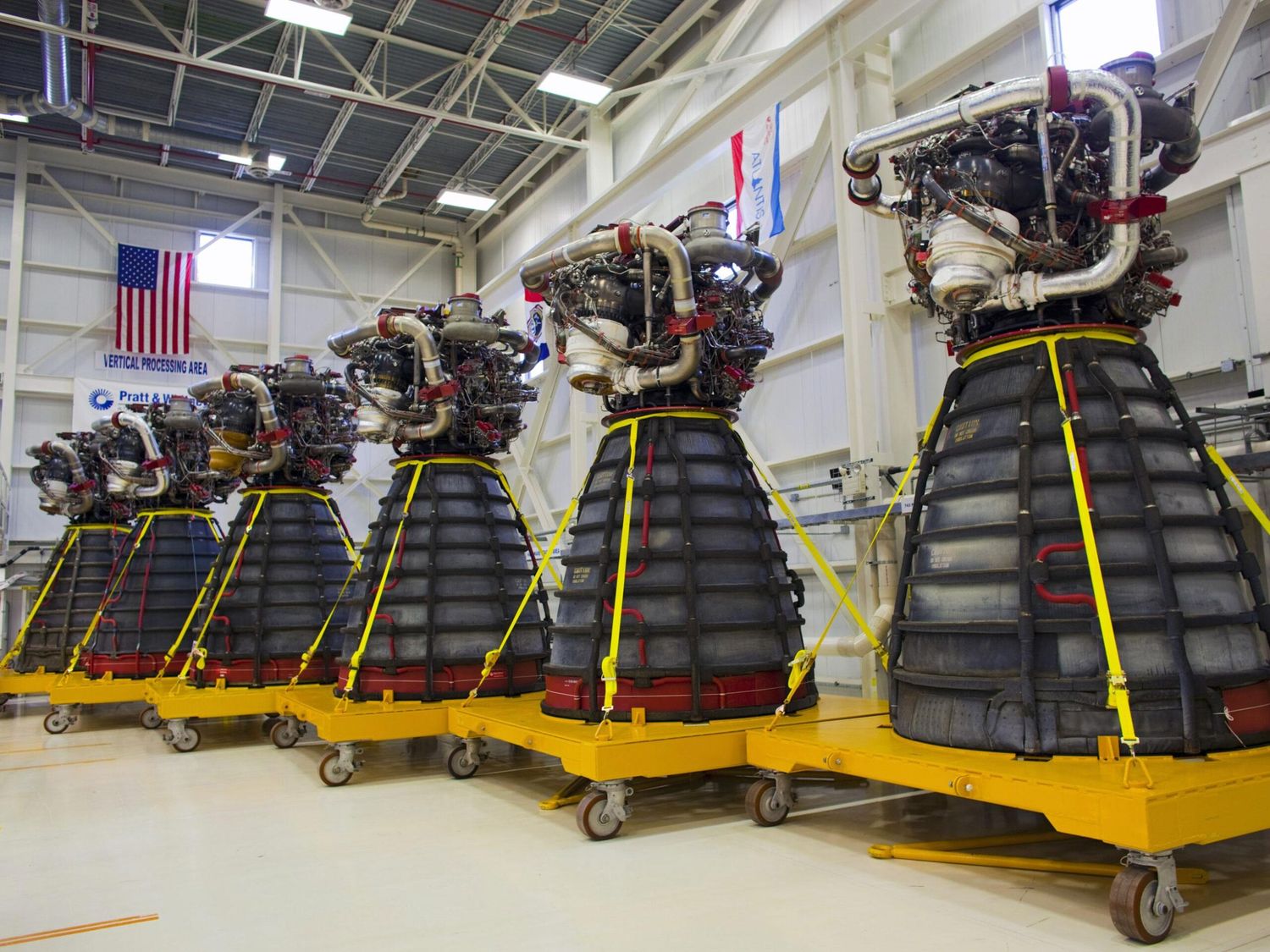Lockheed Martin announced just moments ago that it has terminated its ongoing negotiations to acquire Aerojet Rocketdyne.
The decision from Lockheed Martin to terminate the deal follows a complaint filed by the U.S. Federal Trade Commission last month, seeking an injunction to block the acquisition until the merits of the case are decided in an administrative proceeding (scheduled to begin June 16). Among the grounds for the FTC’s filing is the fact that Aerojet is the last independent supplier of key inputs for U.S. missiles.
Holly Vedova, director of the FTC’s competition bureau made a note at that time. «Lockheed is one of the few middlemen in the arms industry charged with supplying the weapons that keep our country safe. Aerojet is the only independent supplier left in the market. If this deal is consummated, Lockheed would have the effective ability to cut off the supply of key items to other defense contractors. Without this competition, Lockheed could increase the price it charges the government and offer, in return, less quality and less innovation.»
Lockheed Martin President James Taiclet responded to this, «Our proposed acquisition of Aerojet would have benefited the entire industry through increased efficiency and speed through vertical integration, along with significant cost reductions. Notwithstanding this, we have determined that, in light of the FTC’s actions, termination of the agreement is in the best interest of all parties concerned.»
Up against the ropes?
Prior to the FTC filing, the U.S. Department of Defense («DoD») had reviewed the deal. Thereafter, and considering the potential national security impacts of the transaction, that assessment was provided to the FTC to assist in the decision-making. It is apparent that the Department’s analysis was contrary to Lockheed’s claims.
Having an agency against you is tricky. Add to that the opinion of a DoD-level Department, which manages one of the largest budgets in the federal government, and you are virtually guaranteed to block the acquisition. For this reason, Lockheed’s decision seems to be the right one: it avoids a long judicial process, the resolution of which is – at the very least – almost obvious.


Comentarios
Para comentar, debés estar registrado
Por favor, iniciá sesión